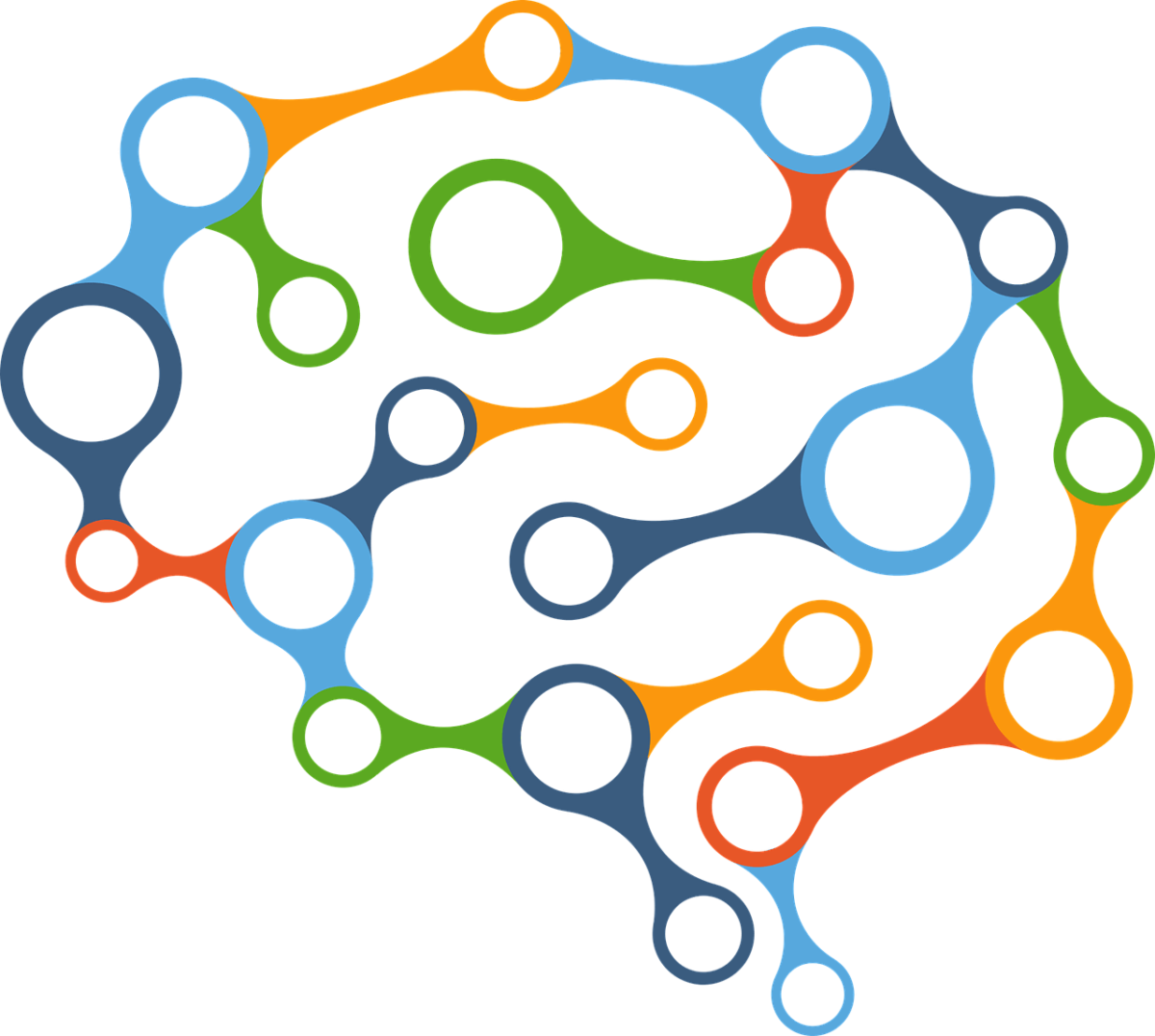We all humans are driven by our own thought processes. In our day to day life, we experience different-different situations, someday we deal with it efficiently and some days we deal with them immaturely. The analysis and thinking process of each individual is different. Some people may stay calm in very stressful situations, whereas some would make a ruckus out of a very small situation. Do you know why? The answer resides within our thinking pattern.
There’s a term called cognitive distortions, which simply means irrational beliefs. Cognitive distortions may lead to some serious consequences like stress, anxiety, and depression. Cognitive distortions basically distort your reality with irrational beliefs and perceptions. They block the growth of the person.
Here are a few cognitive distortions that you see in your daily life-
BLACK-AND-WHITE THINKING
The person thinks like all or nothing. Either there are good or bad, right or wrong. For example, "You have a disagreement with your friend and you think to yourself: “that’s it; you’re not my friend anymore!".
OVERGENERALIZATION
Overgeneralization includes seeing a steady, negative, and endless example because of one or two events. It can make you feel anxious and might prevent you from attempting to learn and develop. For example, "You’re not picked for the basketball team and you think, “I’m no good at sports; I just can’t do anything!"
FILTERING
A person picks up a negative thought and thinks about it so much that the vision of all reality becomes dark. For example, "I have a zit on my nose; now I’m ugly; everyone will think I’m a freak"
DISQUALIFYING THE POSITIVE
This cognitive distortion is similar to mental filtering. It’s called to eliminate positive things. A person like this type of distortion never considers anything positive happened. For example, "You scored good marks in the test and think, “I scored well because it was so easy".
JUMPING TO CONCLUSIONS
It can be of 2 types:
-
MIND READING
When you jump to a conclusion based on your assumptions. You think what you assumed is right. For example- “I bet everyone thinks I am a fool”
-
FORTUNE TELLING
It involves making predictions that things will turn out badly based on little evidence and then completely believing in those predictions. Such people arbitrarily predict something negative and believe that it will happen that way only. For example, “I know I’m not going to pass maths exam this time”.
MAGNIFICATION
Always focused on your flaws and mistakes. For example, "I dropped my food and all people are laughing at me and no one will like me now because I’m a stupid"
LABELLING
Labeling involves naming yourself or someone else based on their behavior. For example, "You might label yourself as a loser because you didn’t get your work done on time".
PERSONALIZATION
The individual tends to take everything personally. They would take the blame for everything that is even out of their control. For example- "I have the worst luck in the entire world".
-
SHOULD’ STATEMENTS
A “should” statement is a negative thought about yourself that makes you feel more hopeless about your situation. For example, “I should have arrived at the office earlier".
EMOTIONAL REASONING
Emotional reasoning is when you start believing your wrong negative assumptions. For example- “ If I will eat street food I will get ill.… I just know it because I feel so”.
How to manage these cognitive distortions
- Recognize and isolate the thought.
- Write it down.
- Ask yourself: Is it reasonable
- What kind of cognitive distortion is it?
- Write down a more reasonable thought to replace the distorted one
- Retake your distress temperature
- Repeat as needed.
Read also: Importance Of Mental Health Awareness In Society

